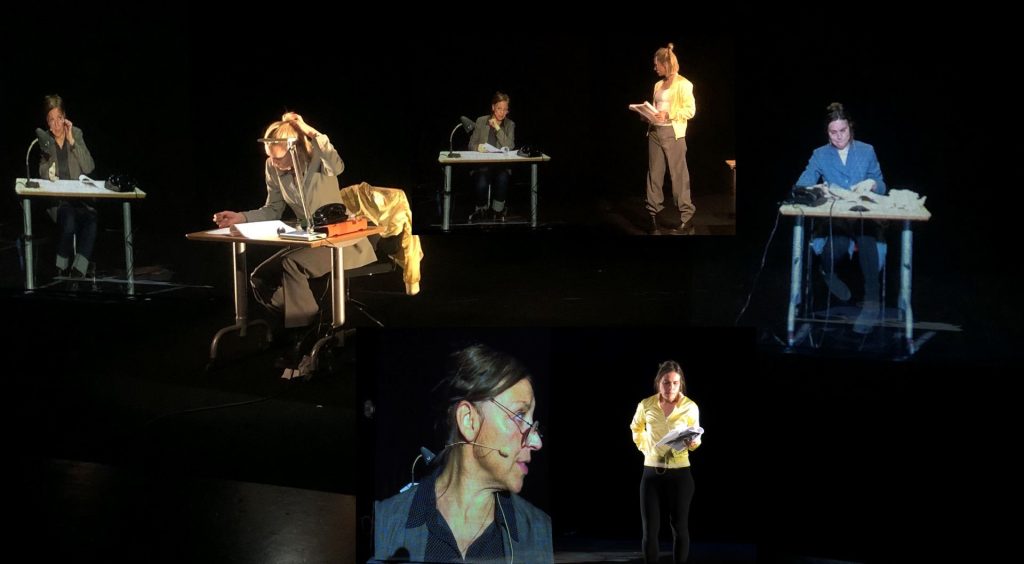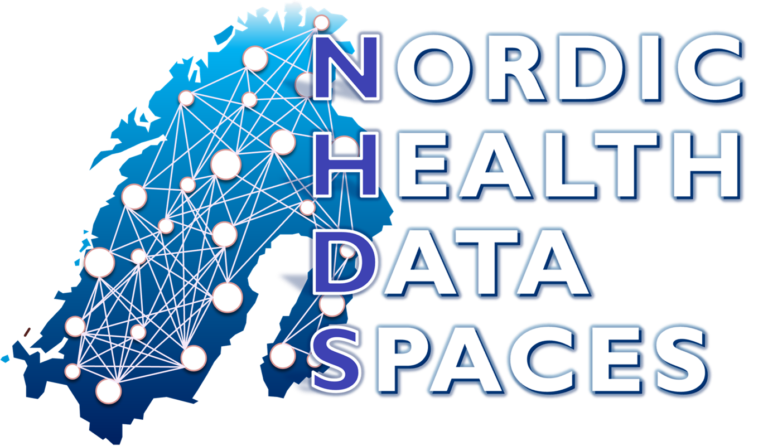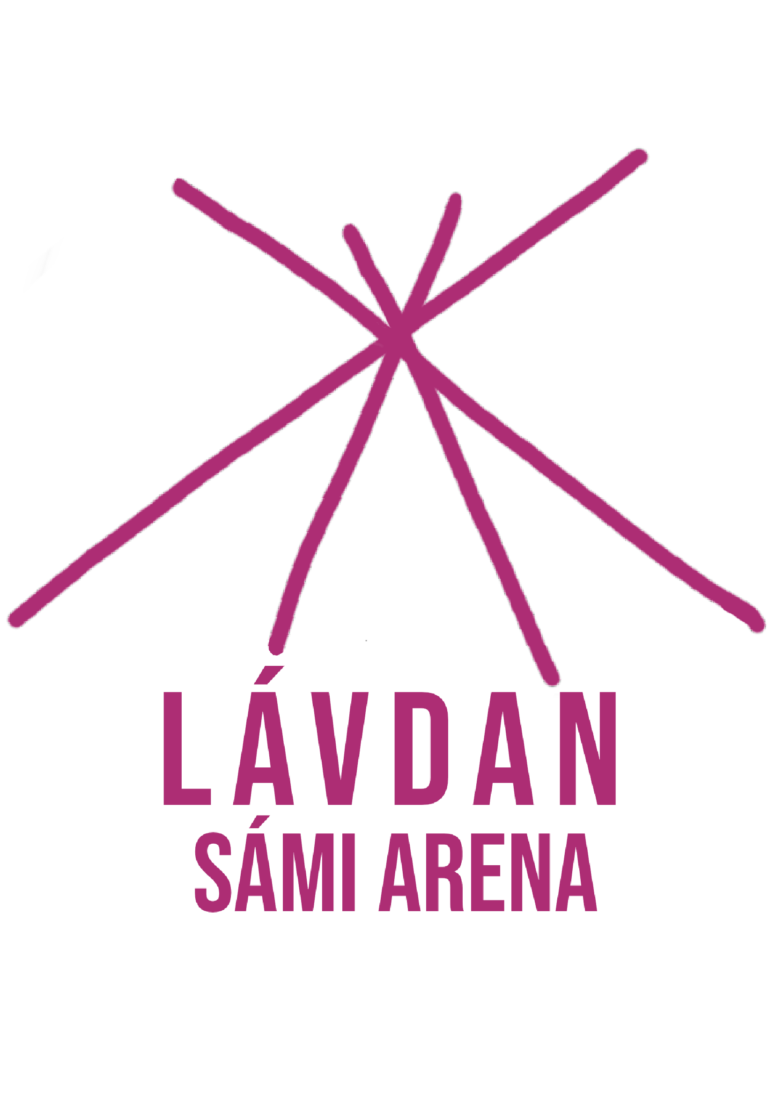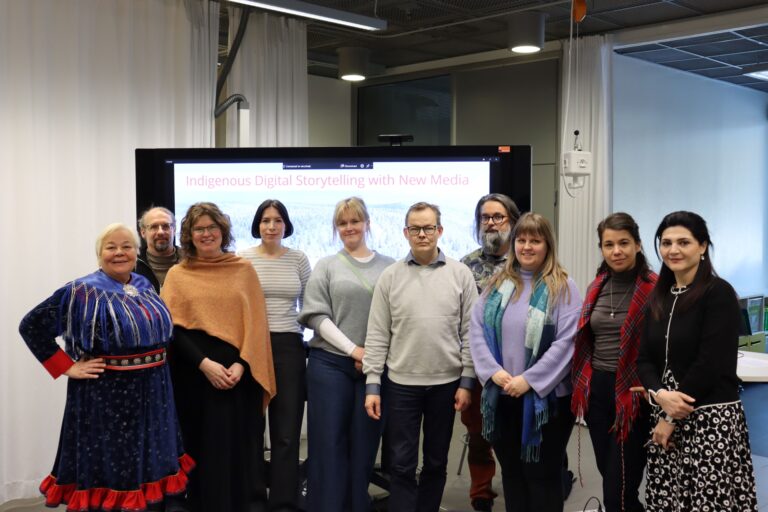Do you know what low latency means? Low latency describes a computer network that is optimized to process an extremely high volume of data messages with minimal delay (latency).
The inherent latency and low quality of existing platforms like Skype, Zoom, and Teams, is a major problem for the creative and cultural sectors such as music education, performing arts, and game development in rural areas.
Centria-ammattikorkeakoulu Oy in Finland, Tvibit – a hub for culture and creative activities at Tromsø Municipality in Norway, and Riksteatern in Sweden has worked across borders in the Interreg Aurora funded project Innovative rooms. The project partners have arranged joint workshops and demonstration events that provided opportunities to identify common interests and needs. The workshops and events have also explored how low-latency technology can be used for remote learning and development in music and the performing arts, as well as cross-pollination between tech, culture, and the creative sector.
Low-latency technology contributes to sustainable communities, as high-speed connections are used, and excess traveling is not needed. The stakeholders, that are institutions of education within music and robotics, technical small-scale businesses, cultural organisations, municipalities, development organisations, creative industries, cities, and game developers have been showcased new possibilities. The project highlights the following effects of a Nordic low latency network:
- lower operating costs for remote performance cooperation
- new collaborations (e.g. between performing arts, gamification, recording studios)
- developing new business models within the creative industries
- lower travel costs and higher accessibility in music education
- safer working conditions by using robotics (e.g. remote robotic dismantling of electric car batteries)
- creating interactivity in venues with low latency solutions (e.g. between venues for conferences)
- safe connections for secure remote meetings
- peer support for professionals in remote areas
- the need for new formats in artistic work.
The main result of the Innovative Rooms project was to target cooperation partners and assess the stakeholders needs for a new Interreg Aurora project application. A project which would support digitalisation, remote learning, and cross-border cooperation in the creative and cultural sectors. A new project proposal was submitted and an new project was approved in January 2024. The follow-up project called ANSEL aims to enhance accessibility to cultural expression and education in the sparsely populated regions of Finland, Sweden, and Norway. You can learn more about the ANSEL project on Interreg Auroras website.





